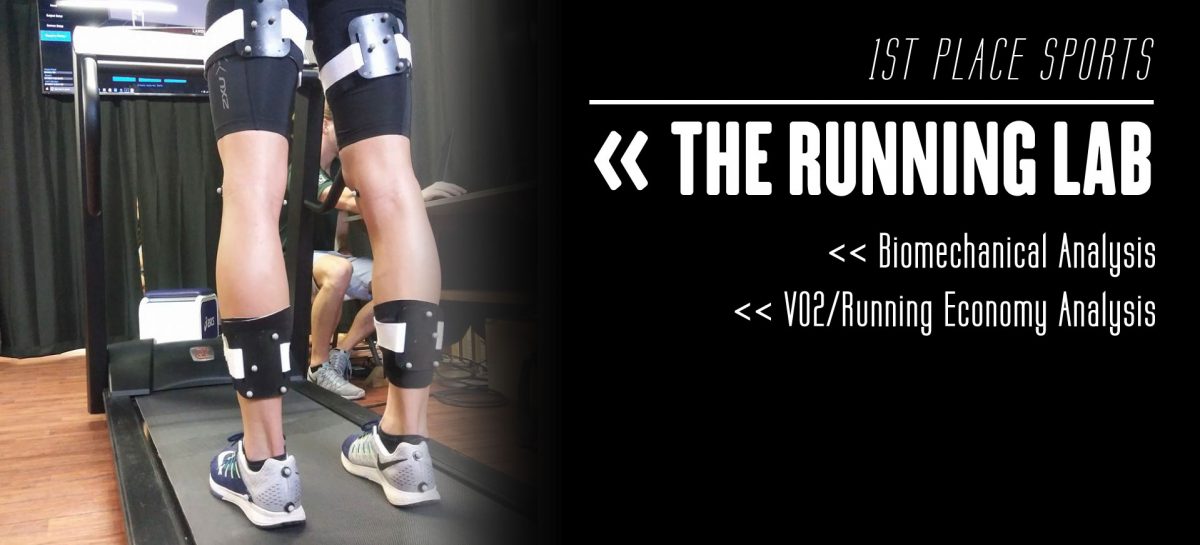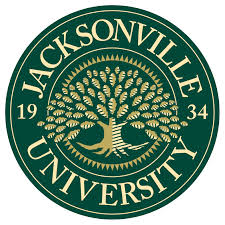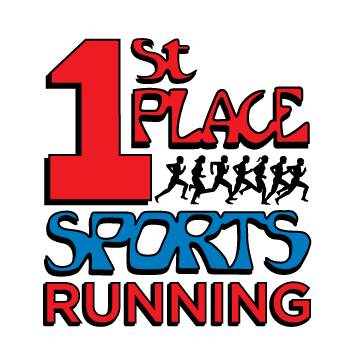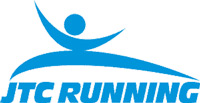THE JU RUNNING LABORATORY AT 1ST PLACE SPORTS (Jax Beach Store)
The “Running Lab” is at the Jax Beach Store (upstairs). The Running Lab is an exciting collaboration among:
- Jacksonville University Exercise Science program
- 1st Place Sports
- JTC Running
MISSION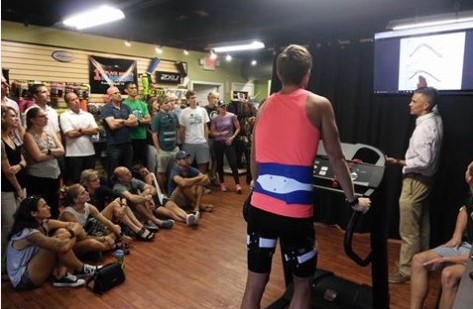
- Offer “good-form consultations” for Beginner and Advanced Runners: Our goal is to provide video-analysis consultations to help runners optimize their running biomechanics.
- Conduct Research: JU has collaborated with a world leader, the University of Calgary Running Injury Clinic, to develop the Running Lab at 1st Place Sports. Our laboratory is equipped with Vicon motion-analysis and a Parvo metabolic cart. We are currently conducting research with Mayo Clinic. JTC Running and 1st Place Sports have graciously provided funding to support the research.
- Education. Use the laboratory as a platform to educate, train, and fund undergraduate and graduate JU Exercise Science students.
SIGN UP FOR A GOOD FORM CONSULTATION
Thanks to JTC Running, the Good Form Consultations are free for JTC Running members for 2023! Not currently a JTC Running member? Runners can join JTC Running for $20: https://jtcrunning.com/
Appointments are available early Wednesday morning (7-8:30am at Jacksonville University) and Friday afternoon (1-3pm at the 1st Place Sports Lab in Jax Beach). JTC Running members can sign up using this link:
REGISTER HERE:
https://square.site/appointments/book/64X0A75HGNM4S/ju-running-laboratory-jacksonville-beach-fl
The consultations are provided by Jeff Wight, PhD, who is an Associate Professor of Exercise Science at Jacksonville University and a Research Scientist at Mayo Clinic.
The consultations are part of a larger agenda—JTC Running is currently funding a running biomechanics research project lead by Dr. Wight. In return, the Running Lab provides good form consultation for JTC Running members. The goal is to help runners optimize their running biomechanics.
Over the past 5 years, Dr. Wight has helped hundreds of runners, of all shapes, sizes, ages, and abilities, to improve/optimize their running form.
The process is simple:
- Run on the treadmill (easy pace) for 1-minute
- Dr. Wight films runner in slow-motion
- Dr. Wight provides quick overview of runner’s form (2-minutes)
- Dr. Wight provides a simple strategy for runner to try
- Runner tries strategy and Dr. Wight re-films (for instant feedback)
The consultation takes about 10 minutes. We reserve 20 minutes to assure there is plenty of time.
Consultations take place at both labs:
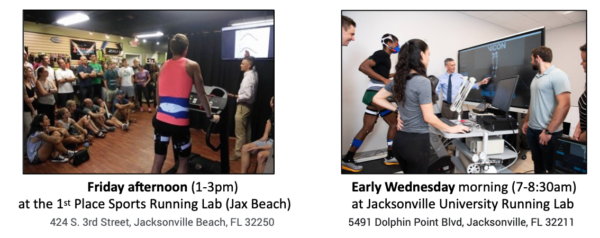
 |
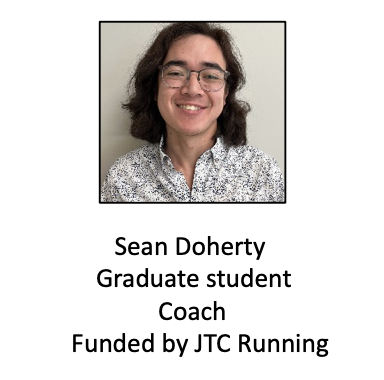 |
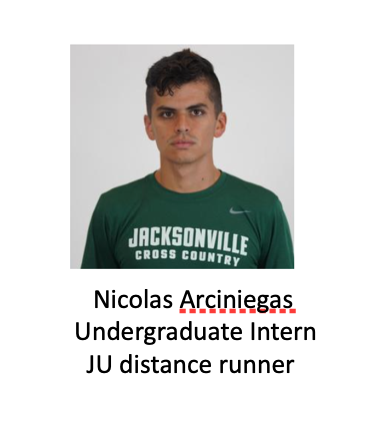 |


